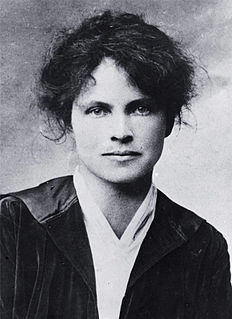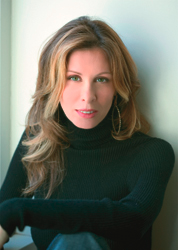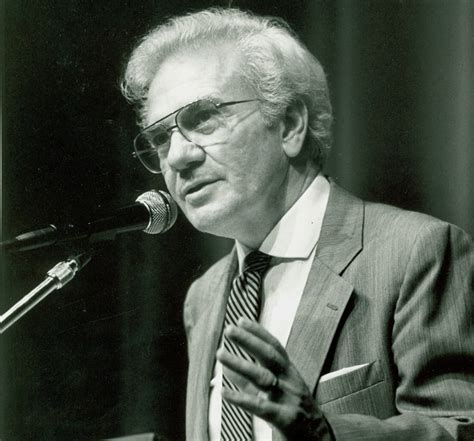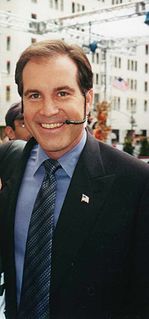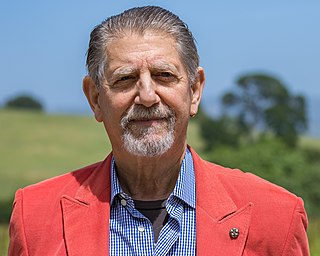A Quote by Dorothy Canfield Fisher
perhaps all this modern ferment of what's known as 'social conscience' or 'civic responsibility' isn't a result of the sense of duty, but of the old, old craving for beauty.
Related Quotes
The character structure of modern man, who reproduces a six-thousand-year-old patriarchal authoritarian culture is typified by characterological armoring against his inner nature and against the social misery which surrounds him. This characterolgical armoring of the character is the basis of isolation, indigence, craving for authority, fear of responsibility, mystic longing, sexual misery, and neurotically impotent rebelliousness.
Always 'duty.' I am sick of the word. They are a lot of old blockheads in flannel vests and of old women with foot-warmers and rosaries who constantly drone into our ears 'Duty, duty!' Ah! by Jove! one's duty is to feel what is great, cherish the beautiful, and not accept all the conventions of society with the ignominy that it imposes upon us.
Theres something unique about the United States, a sense of individual rights and freedoms, and a sense of social and civic responsibility that we contributed to so much of the world. We lost that mission in the 1980s and 1990s, when we entered a gilded age, and the culture of individualism became a culture of avarice.
There's something unique about the United States, a sense of individual rights and freedoms, and a sense of social and civic responsibility that we contributed to so much of the world. We lost that mission in the 1980s and 1990s, when we entered a gilded age, and the culture of individualism became a culture of avarice.
Nearly all literature, in one sense, is made up of guide-books. Old ones tell us the ways our fathers went, through the thoroughfares and courts of old; but how few of those former places can their posterity trace, amid avenues of modern erections; to how few is the old guide-book now a clew! Every age makes its own guide-books, and the old ones are used for waste paper.
What must be addressed in the most immediate sense is the threat that the emerging police state in the United States poses not to just the young protesters occupying a number of American cities, but also the threat it poses to democracy itself. This threat is being exacerbated as a result of the merging of a war-like mentality and neoliberal mode of discipline and education in which it becomes difficult to reclaim the language of obligation, social responsibility and civic engagement.
I find that because of modern technological evolution and our global economy, and as a result of the great increase in population, our world has greatly changed: it has become much smaller. However, our perceptions have not evolved at the same pace; we continue to cling to old national demarcations and the old feelings of 'us' and 'them'.
